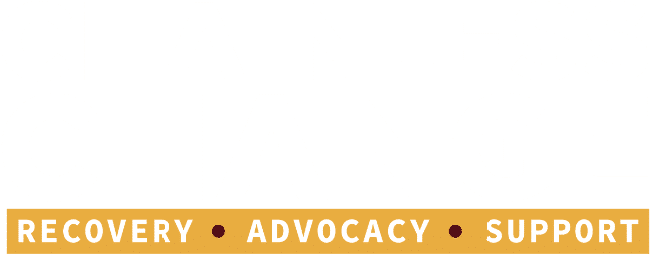What is Peer Support?
Peer Support relies on lived experience to create lasting change in our communities. It is rooted in resilience, self-determination, and mutually beneficial relationships.
Peer support programs involve people offering recovery support services to those with similar histories of substance use and mental health conditions. Peer support programs reinforce the belief that those who are directly affected by a given issue are best equipped to provide guidance to those facing similar challenges. Peer-based programs have high success rates for those with a history of behavioral health conditions. It has also been proven that peer services help reduce the likelihood of relapse, incarceration and death.
One study showed that forensic populations with behavioral health conditions are at particularly high risk (43.4%) of re-incarceration in year one. Not surprisingly, the same subpopulation, when enrolled in a peer support program, showed only a 21.7 percent recidivism rate in year one.
Our peer support model supports rapport-building, collaboration, and trust between our Peer Support Specialists and participants. We also empower participants through volunteer and leadership development opportunities designed to promote meaningful reintegration and belongingness in their communities.
Through increased access to resources, employment, housing, education and life-skills training, our participants have a higher likelihood of building a life free of further justice-involvement and relapse. This promotes a greater sense of belonging, better physical and behavioral health outcomes, and higher chances for fulfillment and self-actualization.
